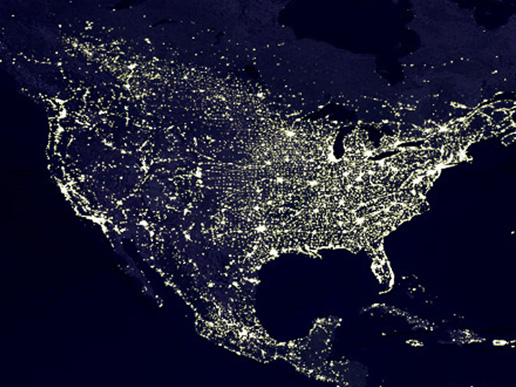|


|
|
Author
Index
S |
Dan
Simmons |
|
Title
Index
H |
Hyperion |
|
|
|
|
| Year |
1989 |
| Publisher |
Headline
Book Publishing |
| ISBN |
0747234825 |
|
|
|
Synopsis
|
It
is the
twenty-ninth
century and the
universe of the
Human Hegemony is
under
threat.
Invasion by the
warlike rebel
Ousters looms, and
the mysterious
schemes of the
secessionist AI
TechnoCore bring
chaos even closer.
On the eve of
disaster, with the
entire galaxy at
war, seven
pilgrims set forth
on a final voyage
to the fabled Time
Tombs on Hyperion,
home to the
Shrike, a lethal
creature, part god
and part killing
machine, whose
powers transcend
the limits of time
and space.
Like another
fabled group of
pilgrims, each
traveller shares
his story with his
fellows, seeking
answers to the
unsolved riddles
of all their
lives. And
they have resolved
to die before
discovering
anything less than
the secrets of the
universe itself. |
|
|
|
Review
|
Winner
of the Hugo Award
and Locus Award
Hyperion is a
brilliant
tapestry, a superb
vision of future
technology and
ancient religions,
of scientific
revelation and
timeless mystery,
of transcendent
joy and
mind-bending
horror. It
is a landmark in
modern science
fiction. |
|
|
_______________________________________________________
 |
|
|
Credit:
NASA
|
|
Bright
Lights,
Big Cities
As
United
States has
undergone
a steady
process of
urbanization,
scientists
are
becoming
more
concerned
about the
long-term
effects.
Unlike
rural
communities,
urban
sprawl
completely
transforms
the
landscape
and the
soil and
alters the
surrounding
ecosystem
and the
climate.
Marc
Imhoff, a
biologist
at
NASA’s
Goddard
Space
Flight
Center,
and a team
of
researchers
have been
looking
for ways
to measure
the
effects of
urbanization
on the
biological
productivity
in the
United
States and
other
countries
around the
world. The
researchers
created a
method of
mapping
urbanization
on a
countrywide
scale by
using
satellite
images of
the light
cities
generate
at night.
With the
resulting
city
lights
maps, they
are now
zeroing in
on the
impacts
urban
sprawl has
on the
food we
eat, the
air we
breathe,
and the
ecosystem
within
which we
live. |
|
NASA
Image of
the day
archive |
|
______________________________________________________
|
|


|

